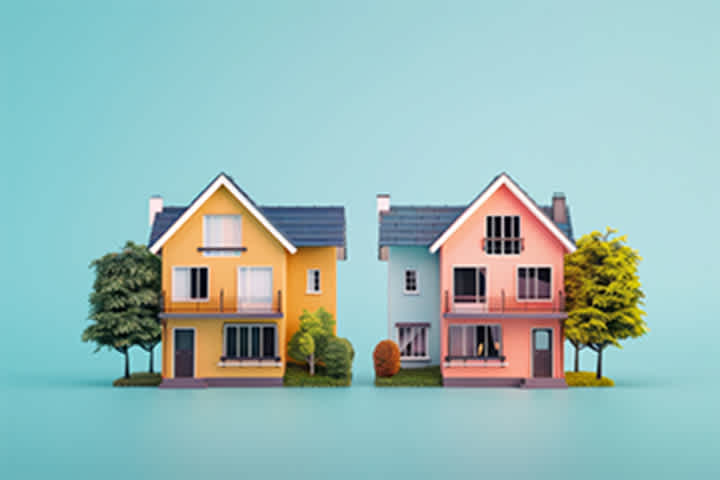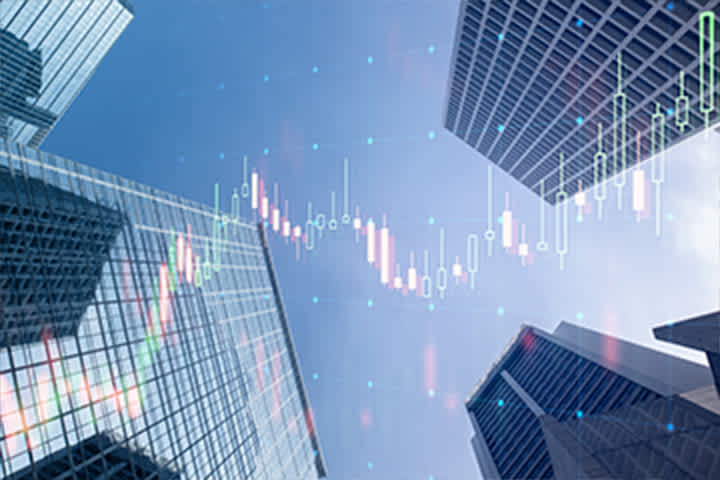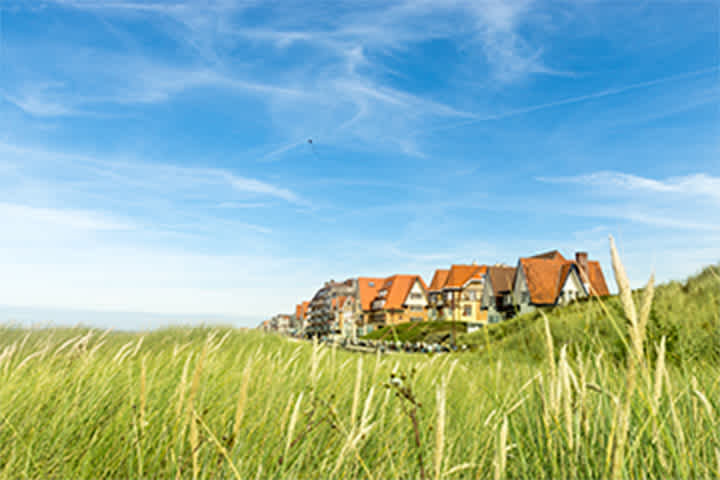6 reasons why installing solar panels is still worthwhile in 2024
Keytrade Bank
keytradebank.be
January 16, 2024
3 minutes to read
2023: many people say this was the year to act and invest quickly in solar panels. There was a reduced VAT rate (6% instead of 21%) for green investments throughout the whole of Belgium until the end of December. Anyone who still installed solar panels in the Flemish Region in 2023 could earn a premium of up to EUR 750 from Fluvius. In Wallonia, the end of the rollback meter was announced for January 2024 (existing installations in the Walloon Region can keep their rollback meter until 2030). From Ostend to Aarlen, there was a stampede to buy solar panels, not only because the various assistance measures were set to end in 2024, but because the energy crisis was still fresh in our memories. Many Belgians therefore opted to install solar panels in 2023; preliminary figures actually indicate that this was a record year. This naturally raises the question of whether the technology is still worth the investment today, especially now that electricity prices are almost back to "normal" again. And what about now that other benefits – such as the green electricity certificates in Flanders and the rollback meter in Flanders and Brussels – have been taken away, too? The answer is yes, it’s still worth it. And here's why:
1. The reduced VAT rate still applies for older homes
Although the temporary VAT reduction for green investments has ended, you still benefit from the reduced VAT rate for investments in homes that are more than ten years old. This measure applies indefinitely, including for those who invest in solar panels. There are, however, a few restrictions. For example, it must be a private home (you may only use a small part of it for professional purposes). In addition, the same contractor must both supply and install the materials. DIYers therefore do not qualify for the reduced VAT rate on the purchase of their materials.
2. There are still municipal or regional benefits available
Several Flemish municipalities are still offering subsidies to individuals who install solar panels. However, there may be restrictions and conditions that differ from one municipality to the next. Check whether your municipality is still offering subsidies. In the Brussels-Capital Region, you can still receive green electricity certificates for a period of 10 years. You can then sell this to improve the financial return on your investment in the system or at least reduce its payback period. You can continue to apply for the prime domotiquein Wallonia. This subsidy applies to (the installation of) equipment to improve home production and consumption up to a maximum premium of EUR 400.
3. Compensation for surplus electricity
The surplus electricity you produce (and/or do not store in a home battery) is injected into the grid. You receive acredit from your energy supplier for this. This injection price is of course much lower than the tariff you pay for the electricity you buy from your energy supplier (partly because distribution costs and taxes are stripped out, but also because the supplier itself is free to set the injection tariff).
4. Solar panel prices have fallen sharply
In 2023, the prices of solar panels fell sharply, by as much as 30 to 40% for solar panels from China (which represent 80% of the market). Due to the knock-on effects of the pandemic (supply chain problems, materials shortages, etc.) and then the energy crisis, there was initially a shortage of panels. This resulted in massive advance orders being placed and additional production capacity being built. Apparently too much, because now the situation is the exact opposite: there is now a surplus, which has caused prices to plummet. Of course, this does not mean that an installation is 30 to 40% cheaper today than a year ago. In the meantime, labour costs have generally risen since then. However, the fall in the price of the panels makes it more attractive for those who are considering the investment.
5. Payback period remains attractive
Solar panels are still economic even without subsidies. The installation delivers electricity from day one, with the result of a lower energy bill. Solar panels generally have a service life of 25 to 30 years (their efficiency drops to 80 or 90%). Today, you can assume an average payback period of 7 years for an installation. In other words, your investment will pay for itself after 7 years and you will then enjoy approximately 20 more years of free electricity.
6. Improved technology
Solar panels are becoming more and more efficient. You can no longer compare the panels you install on your roof today with the ones you would have installed 20 years ago. Modern solar panels are less dependent on the visibility of the sun and work more with the intensity of light. To put it simply, on cloudy days they used to produce very little, while today they do produce power. The fact that a roof does not face south is therefore no longer a handicap.
Solar panels? Yes please!
Need a loan for your construction or energy project? Run an instant simulation free of charge


